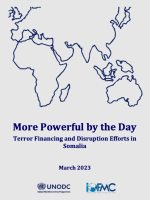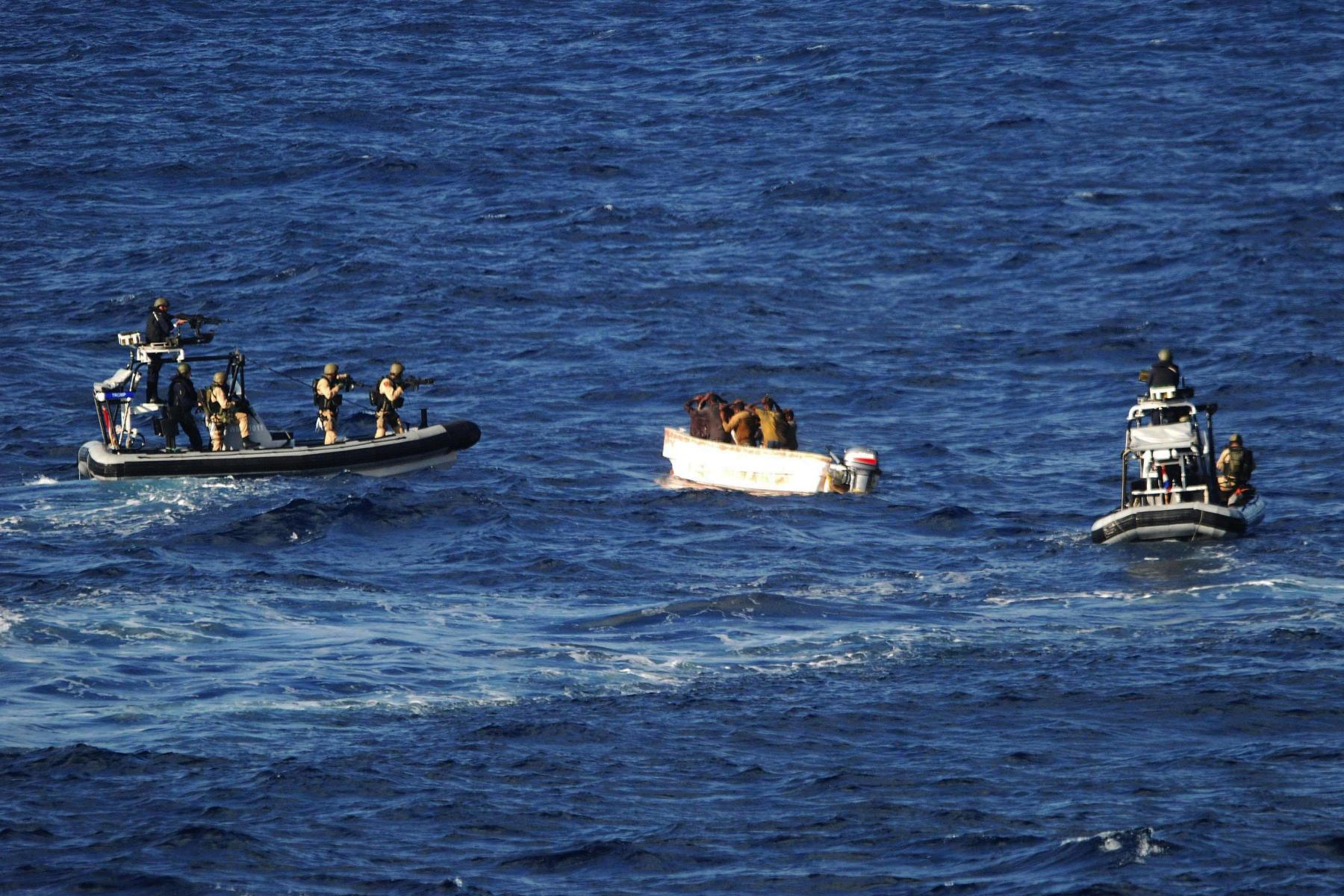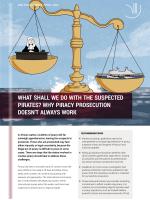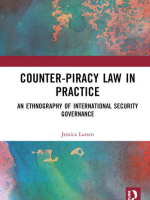More powerful by the day
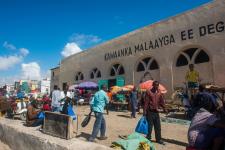
In recent years, the UN Office on Drugs and Crime and donors have conducted a mode of intervention which explicitly targets terror financing in the Horn of Africa. It is known as disruption. It seeks to interrupt and prevent terror organisations in carrying out their revenue-generating activities.
Focusing on the terror organisation Al Shabaab and how its financial activities are sought disrupted, this report is the first to map and assess disruption as a type of intervention.
The report shows how Al Shabaab enjoys a steady stream of cash. This allows them to conduct militant operations. In fact, Al Shabaab has developed a multi-faceted strategy to generate an income through a range of licit and illicit activities, hereunder:
- coercive taxation by intimidating individuals and business owners (so-called ‘taxtortion’);
- collaborating with criminal networks on smuggling; and
- maintaining unofficial roadblocks, where citizens are forced to pay.
In return, al-Shabaab seems to provide some services conventionally associated with the state, yet illegal taxes are obtained through violence and intimidation, and overall both al Shabaab’s terror financing activities and militant operations are considered to exacerbate instability in the region.
Analysing disruption, the report finds that there exists a range of working definitions of the concept. The report offers a way of organising these definitions into a broader disruption model to be used by the intervention actors collaborating on targeting al Shabaab revenue activities. The report then discusses how disruption is currently applied by practitioners in the field and the value it holds as an intervention type. It concludes that disruption lacks an authoritative definition, and that following the money is a strategy, which limits the sustainability of effects. Disruption therefore cannot stand alone as an intervention but should be complemented by targeting broader challenges to good governance.
The report is co-authored by DIIS’ Senior Researcher Jessica Larsen along with Senior Researcher Katja Lindskov Jacobsen and Analyst Maisie Pigeon. It is financed by the Danish embassy in Nairobi and was made possible through a close collaboration with the UNODC.
DIIS Experts

